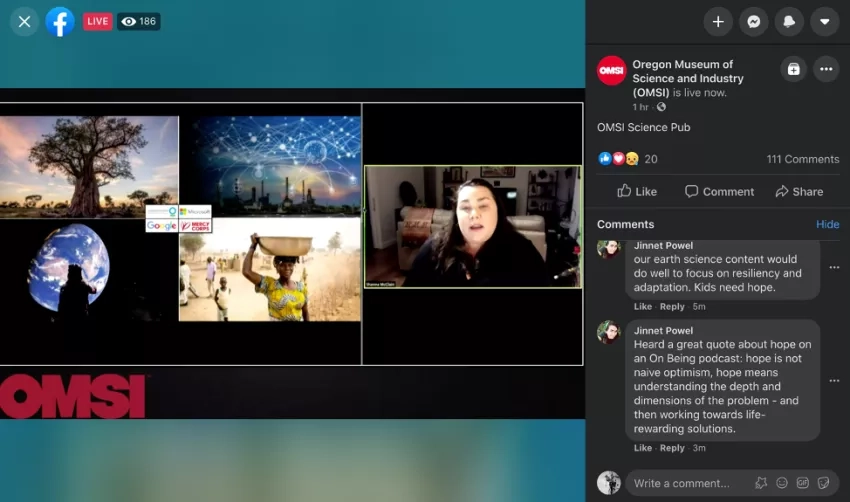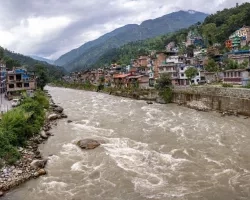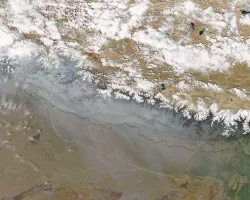NASA and Mercy Corps hosted a “virtual science pub” – a Facebook live event with the Oregon Museum of Science and Industry – on May 7, 2010. Titled Adapting to a Changing World: NASA + Mercy Corps, it was an interactive discussion on the ways the two organizations are working together to help communities and small-scale farmers adapt to climate variability and a changing environment. The event had over 2,600 views on Facebook as of 1 p.m. Eastern Time, Friday May 8.
Shanna McClain, Global Partnerships manager for NASA’s Earth Sciences Division and advisor for Risk Reduction and Resilience for the Applied Sciences program, shared how Earth observations can be used to help protect food security through collaboration with local experts and decision makers.
Eliot Levine, director of the Mercy Corps Environment Technical Support Unit, described how Mercy Corps partners with NASA Earth Applied Sciences programs like Harvest and SERVIR to create sustainable programs that help communities around the world build resilience and better withstand stresses like population growth, conflict, resource scarcity and climate change.
The increased intensity of extreme weather events like hurricanes, wildfires and droughts threatens the world's food supply, drives people from their homes, separates families and jeopardizes livelihoods. Throughout the presentation, audience members asked questions about these humanitarian issues and how Mercy Corps and NASA are working together for solutions.
You can watch the full video on Facebook – you do not have to have a Facebook account to view it. There is more information about NASA’s Space Act agreement with Mercy Corps on the NASA website.




